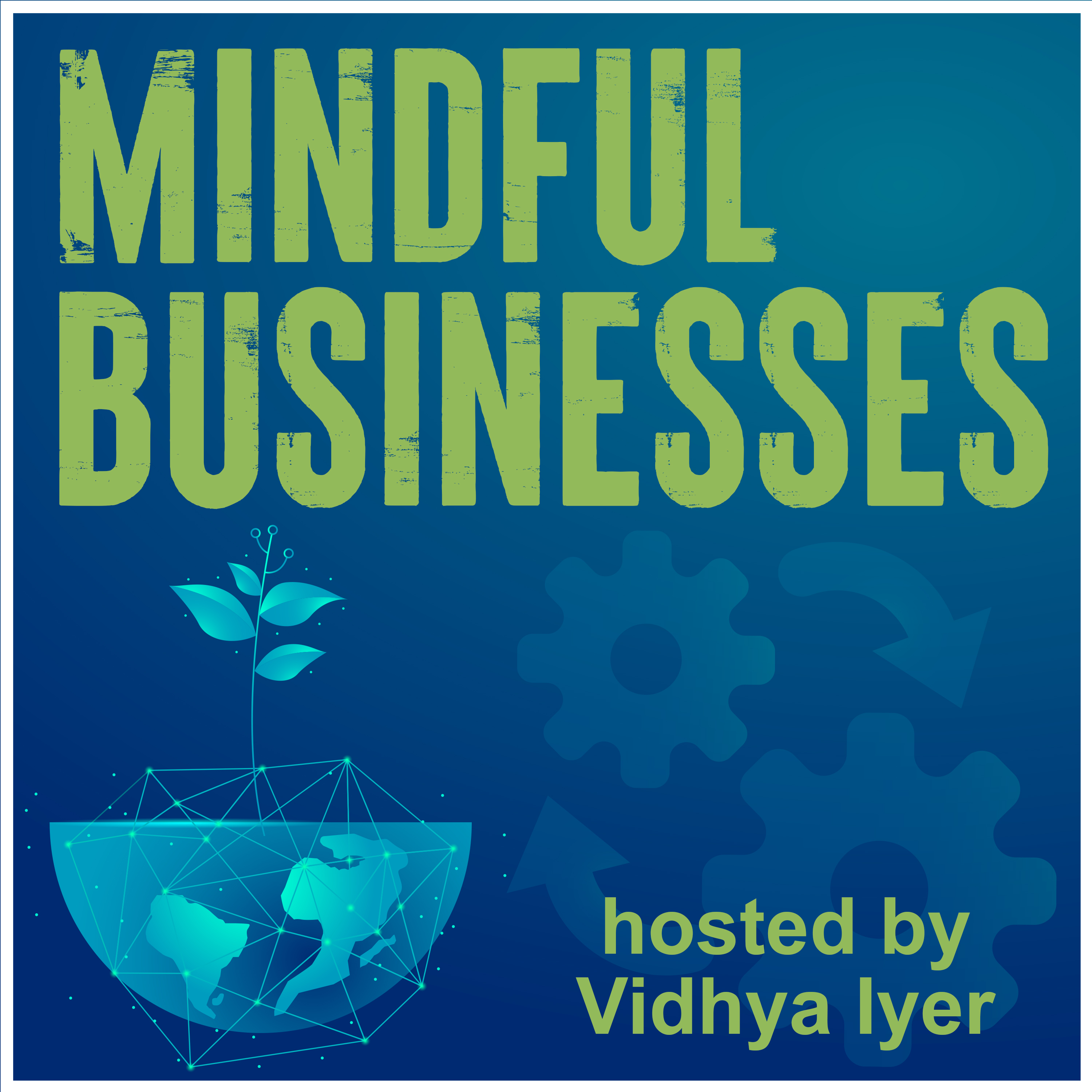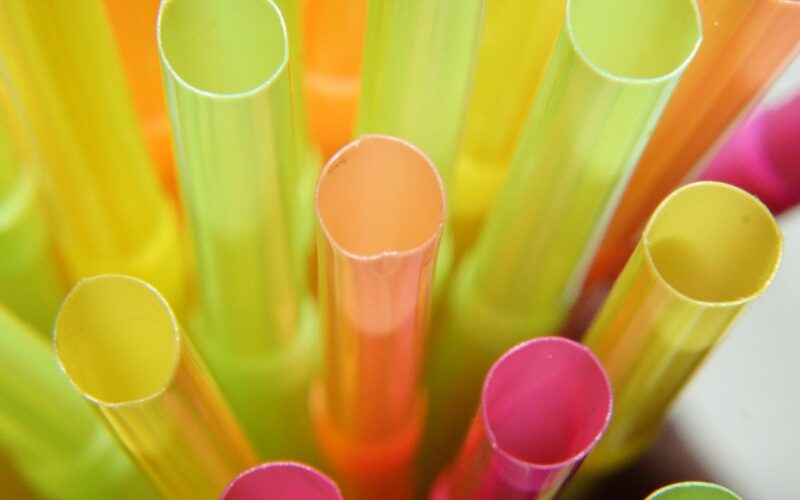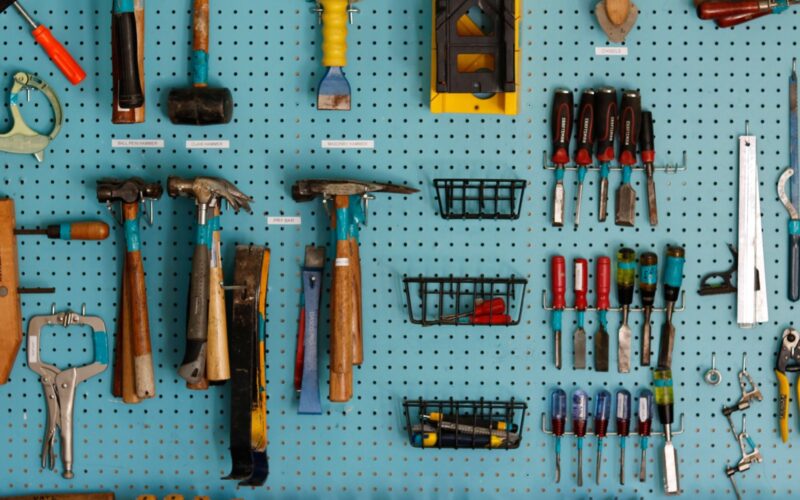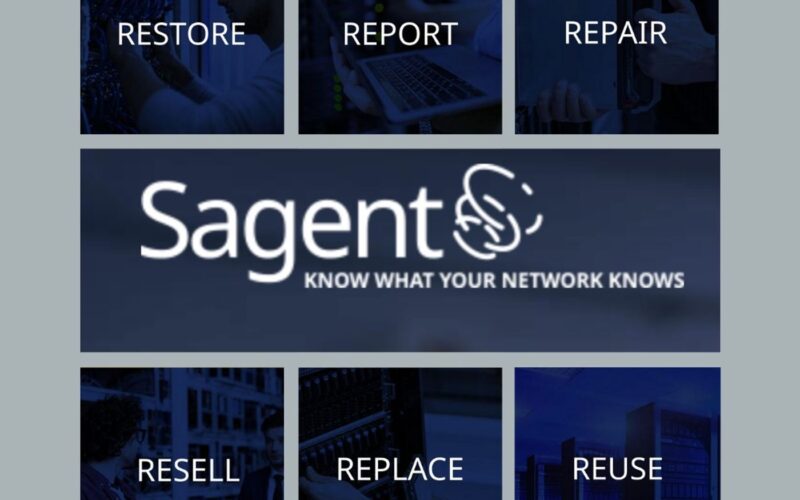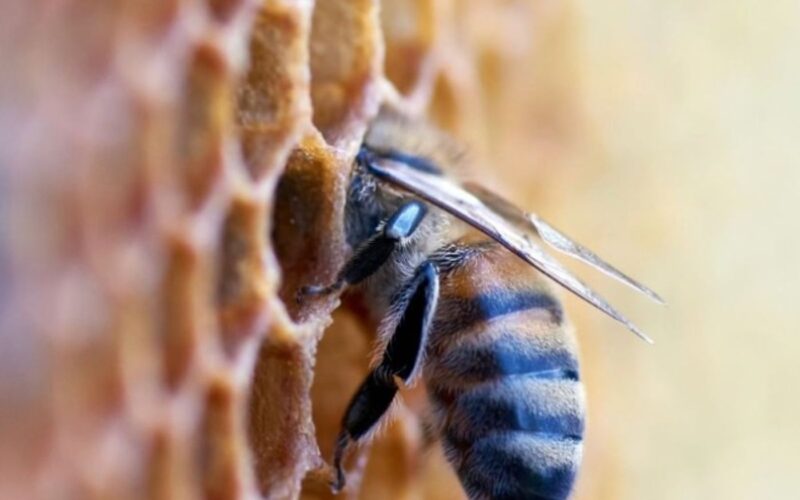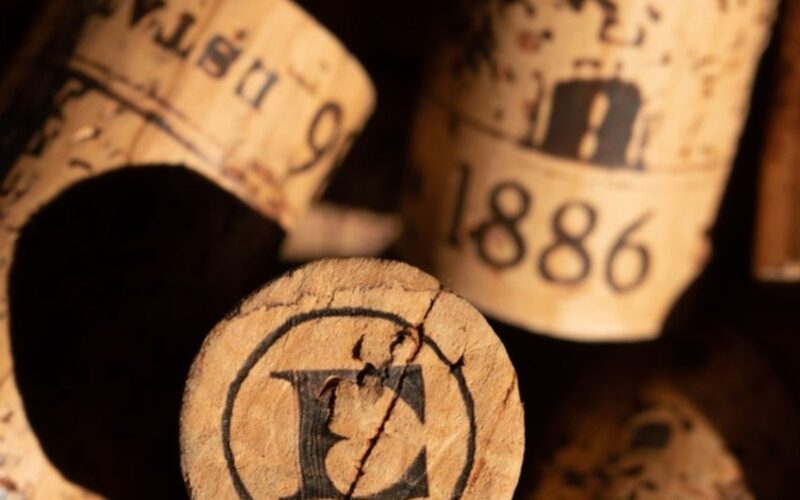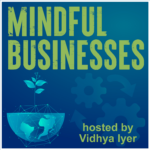3: Spot Detergent – Eco-Friendly On a Budget
Sustainable products are priced out of reach of most Americans. They cost the consumers more due to a variety of reasons – higher costs of inputs and innovation, demand is higher than supply and sometimes…just because.. people are willing to pay more. If we are on this global journey to make our world sustainable we need each and everyone on board. Our guest on this episode Reid Edgar, Owner of Spot Detergent is committed to making his sustainable products accessible to everyone. His #ecofriendly laundry detergent sheets cost 12.5 cents per load and are comparable with conventional laundry detergents and clean just as well. Spot detergent sheets are made in Sweden with a plant-based formula that is paraben, phosphate and 1-dioxane free. The product has plastic free packaging and since the detergent sheets weigh around 90% less than liquid detergent it reduces their transportation carbon footprint substantially. Their sheets are environmentally-friendly but without the traditional “eco” price markup. With Spot’s unique entry to market strategy by targeting Dollar Stores and large discount stores like TJMaxx and Marshalls their green product will reach consumers who are often left out by sustainable brands. Learn more in the latest episode of Mindful Businesses.
#ecofriendly #sustainability #zerowaste #gogreen #climatechange #spotdetrgent #mindfulbusinesses #sustainableliving #sustainableliving #ecofriendlydetergent
https://spotdetergent.com/
https://mindfulbusinessespodcast.com/


